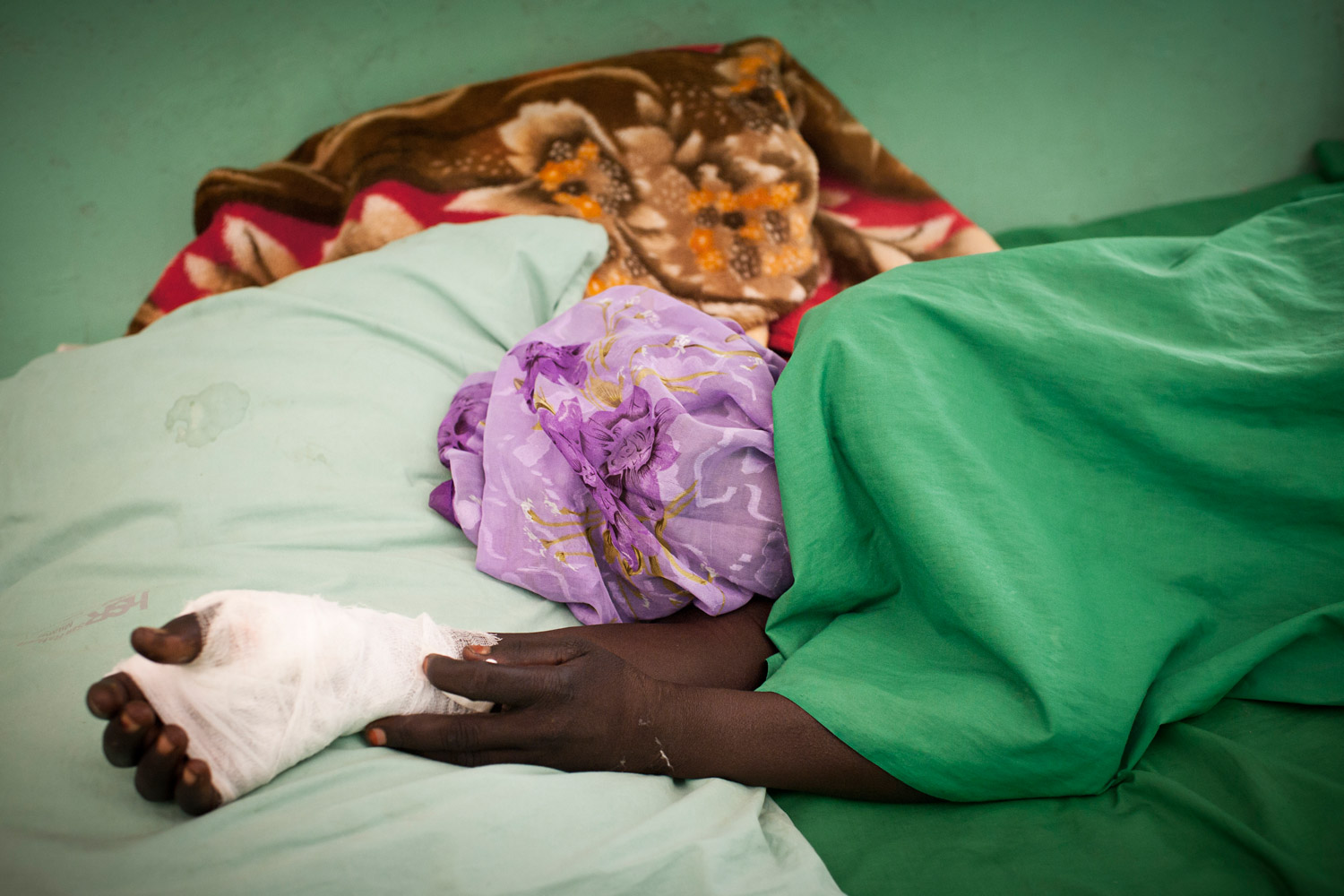
In Sudan, birth can sometimes seem merely more opportunity for death. Africa’s largest country splits in two on July 9, forming a new, smaller north Sudan and a wholly new South Sudan. But rather than finally bringing an end to more than 50 years of fighting, the split is throwing up a whole new set of conflicts – inside both north and south.
Last week, photographer Cédric Gerbehaye and two TIME correspondents managed to slip illegally into the Nuba Mountains in north Sudan where the bloodiest of these new wars is raging. The Nuba, who are ethnic Africans, fought with the African south against the Arab north during two decades of war. But come July 9 their state of South Kordofan will remain part of the north, rather than seceding with the south.
In early June, fighting broke out between Nuba fighters from the main southern rebel group, the Sudan People’s Liberation Army, and northern soldiers and police after northern security services started going house to house in the capital of South Kordofan, Kadugli, dragging rebel supporters into the streets and executing them. The rebels, who had been preparing for a new war, captured significant territory.
TIME’s reporting suggests the Khartoum regime responded to that advance with the same tactics it used in Darfur: indiscriminate and targeted aerial bombardment of civilians. Those actions earned several Sudanese commanders, including President Omar al-Bashir indictments for genocide, war crimes and crimes against humanity from the International Criminal Court in The Hague. The ICC prosecutor has noted the similarity of the new allegations to those that warranted charges in Darfur.
In 2010, Cédric Gerbehaye’s photographs of Sudan’s Dinka tribe appeared in TIME.
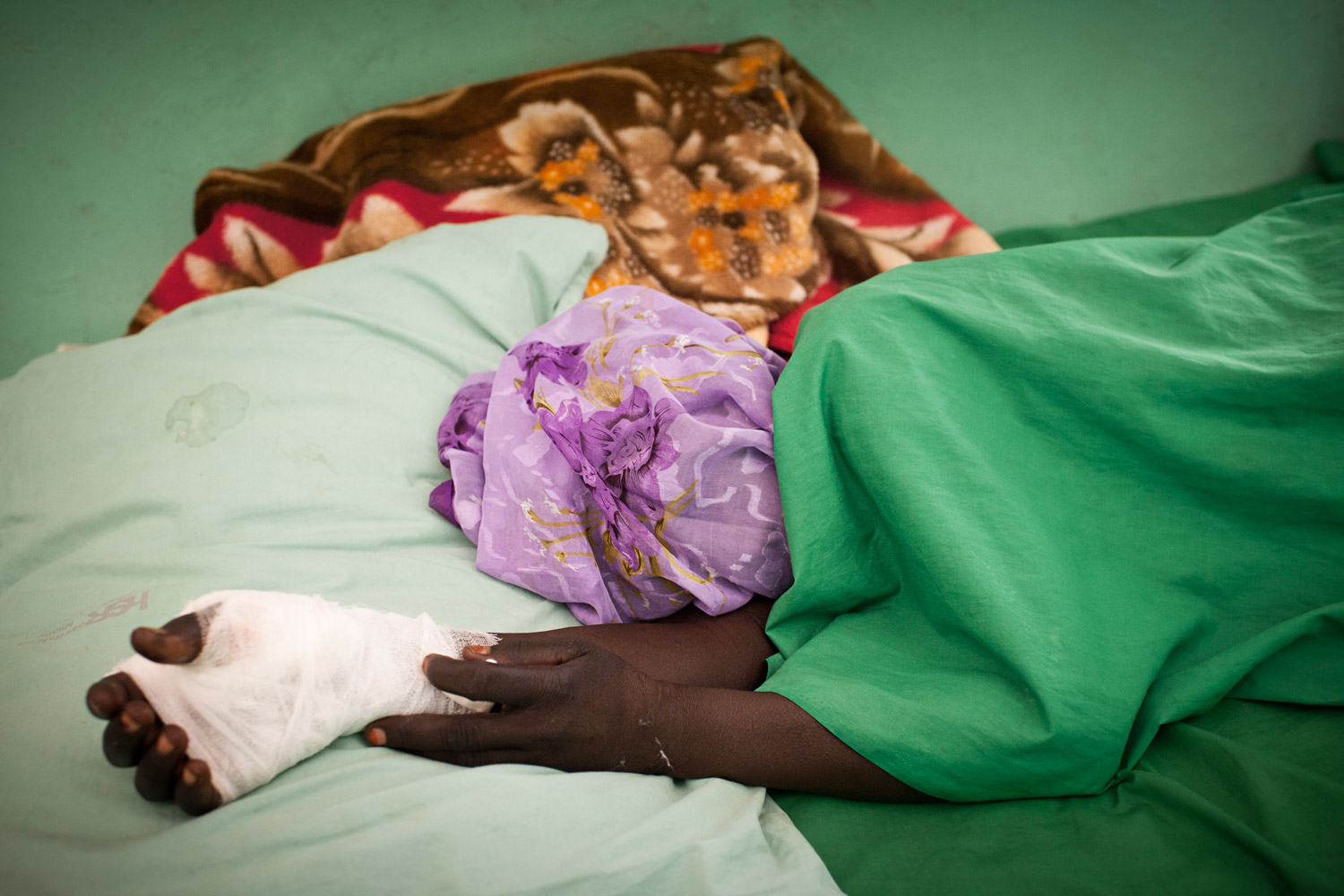

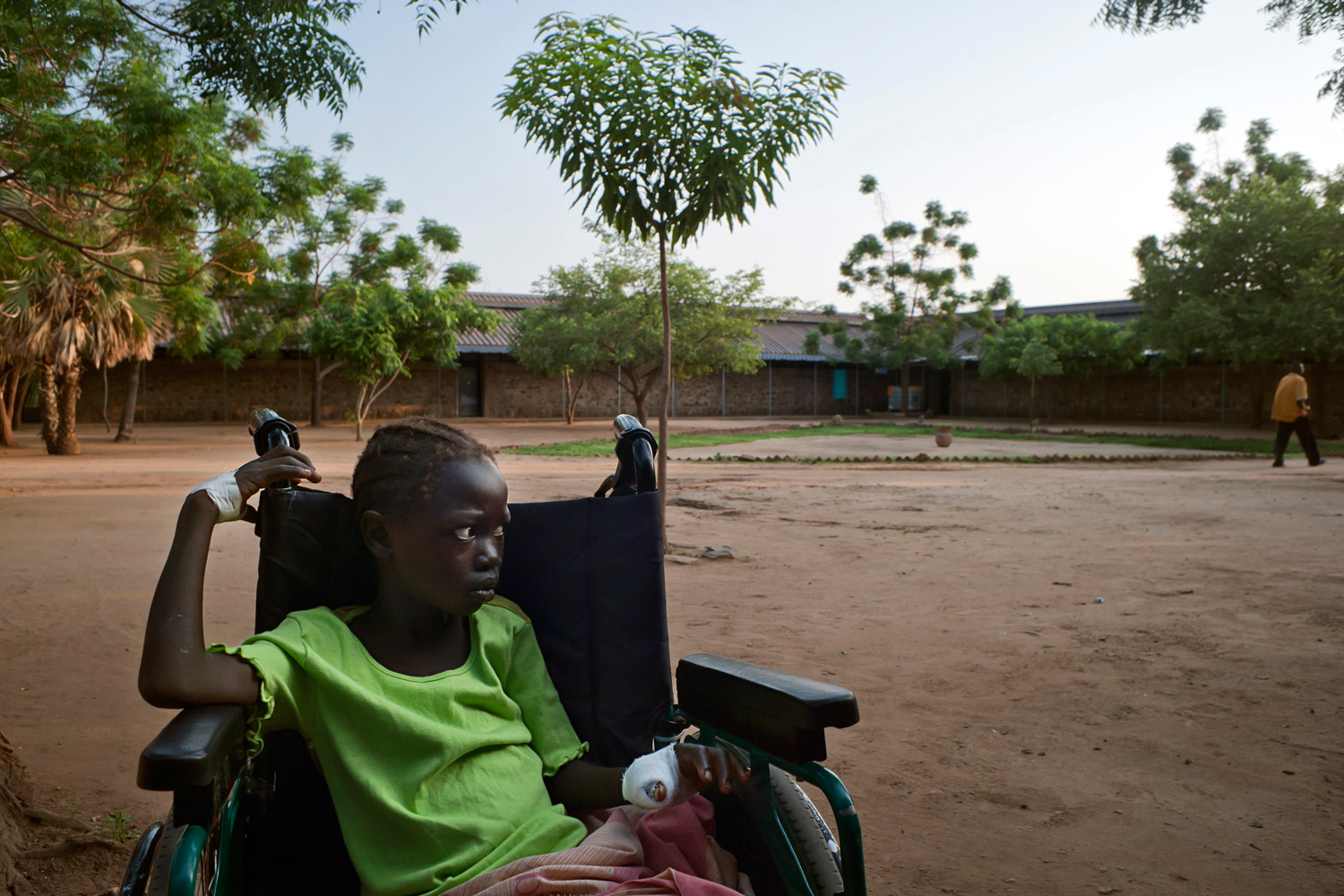
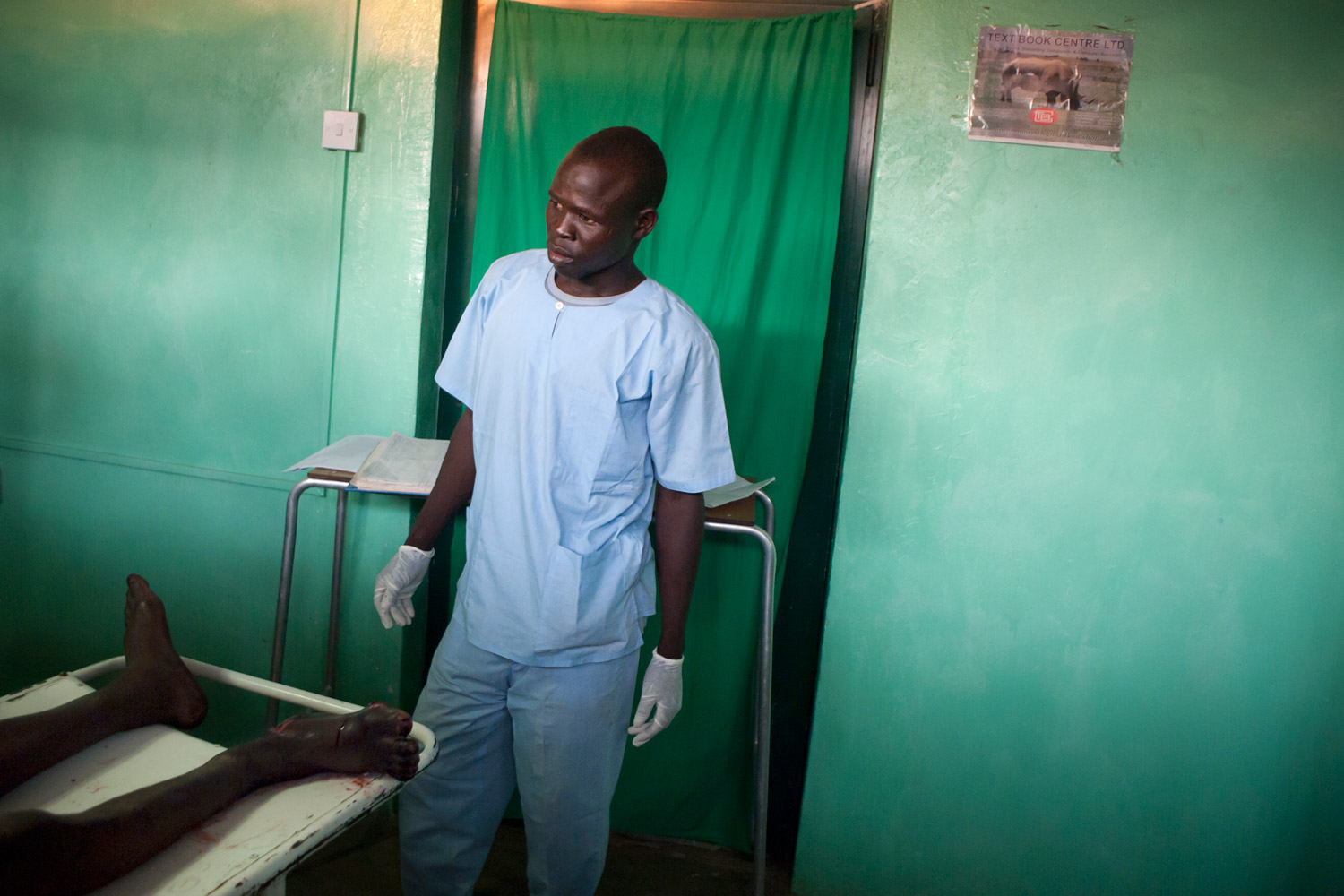
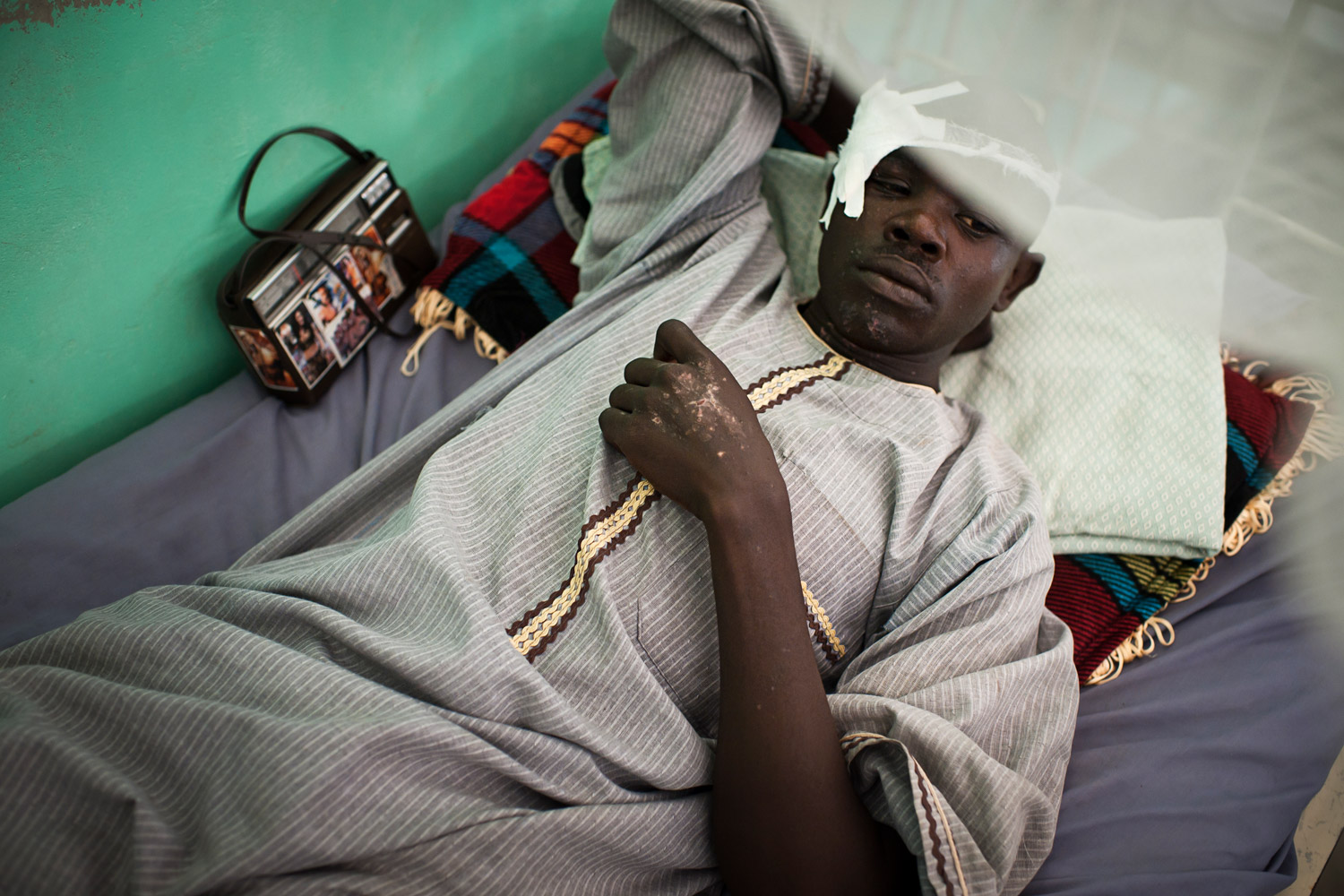
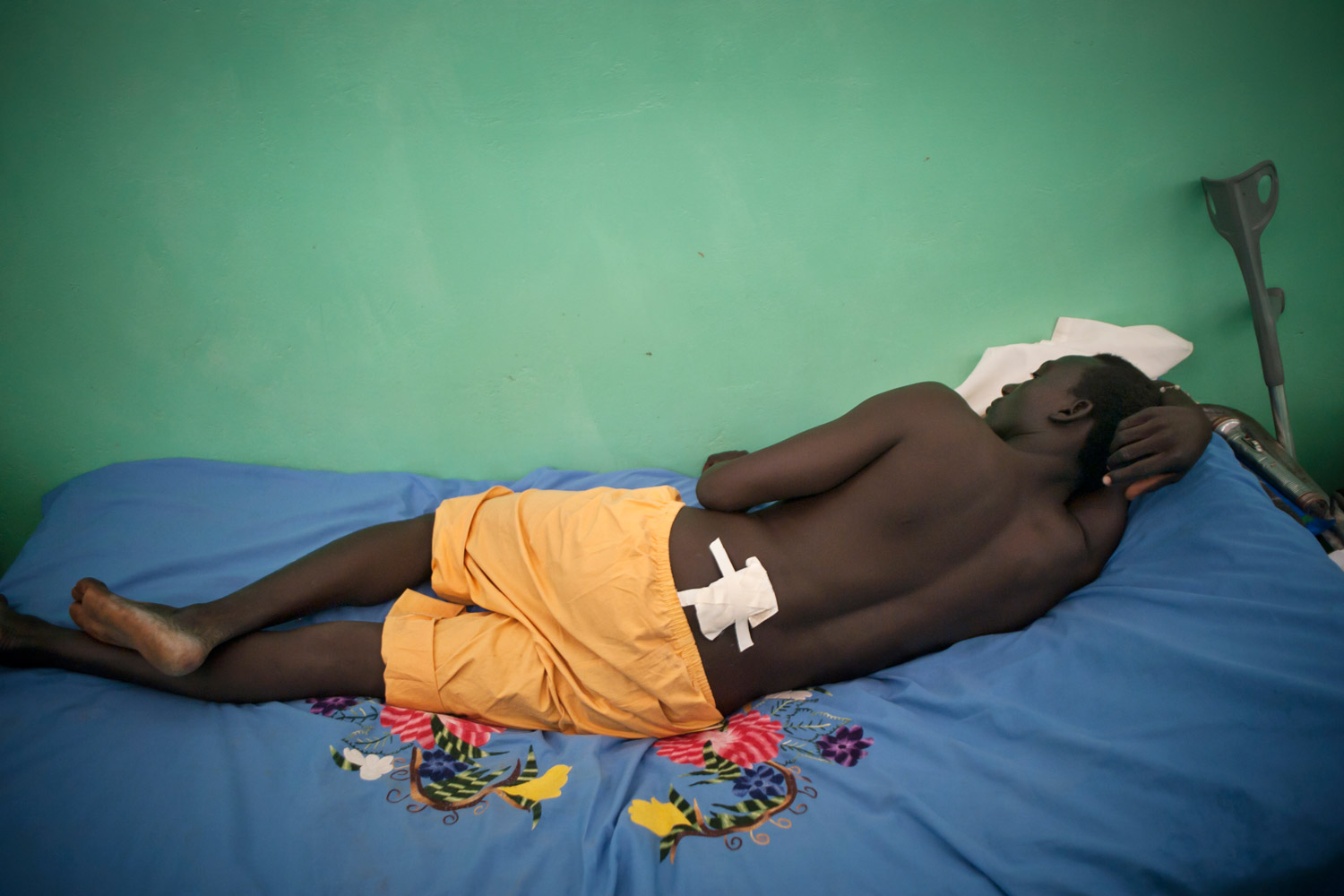
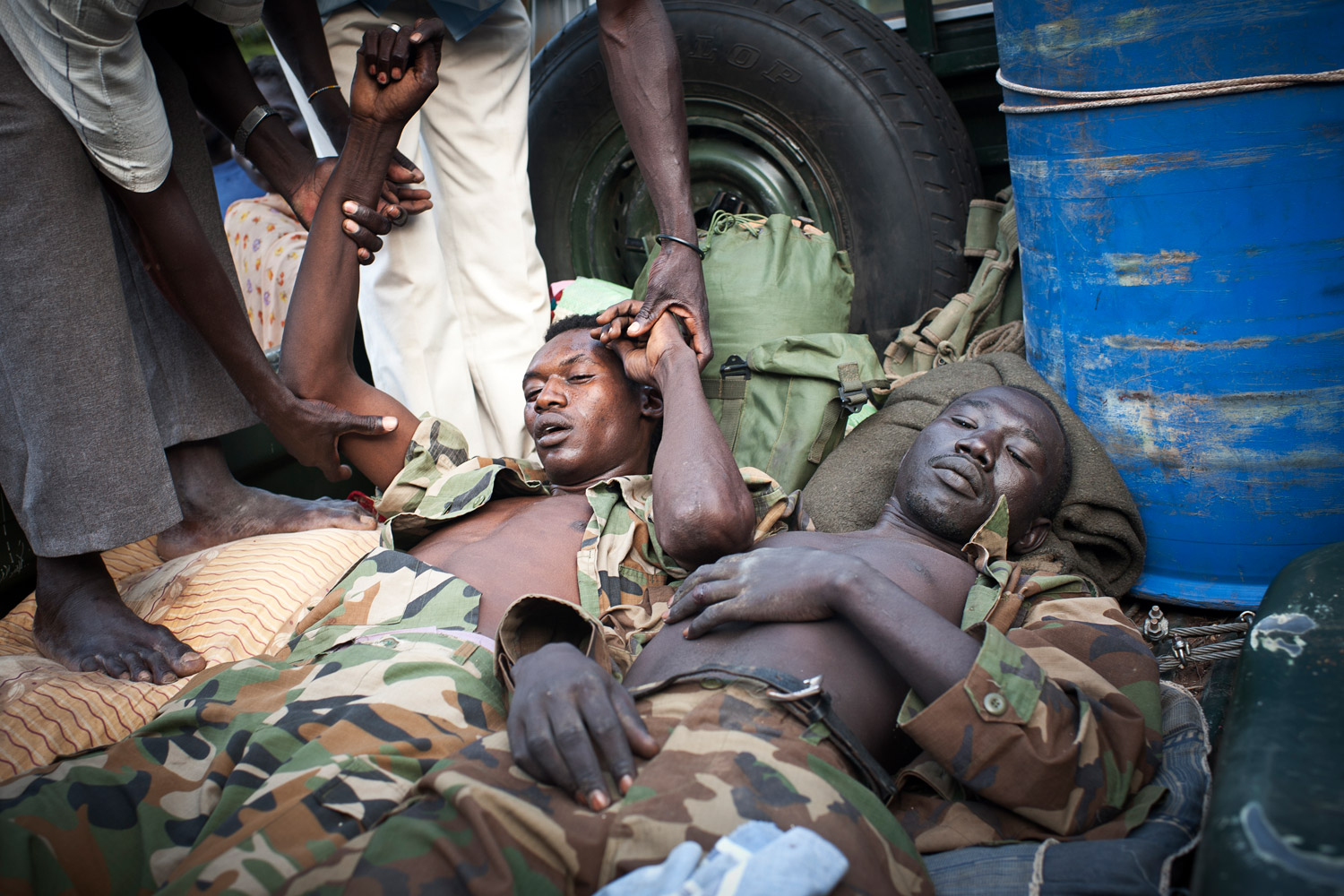
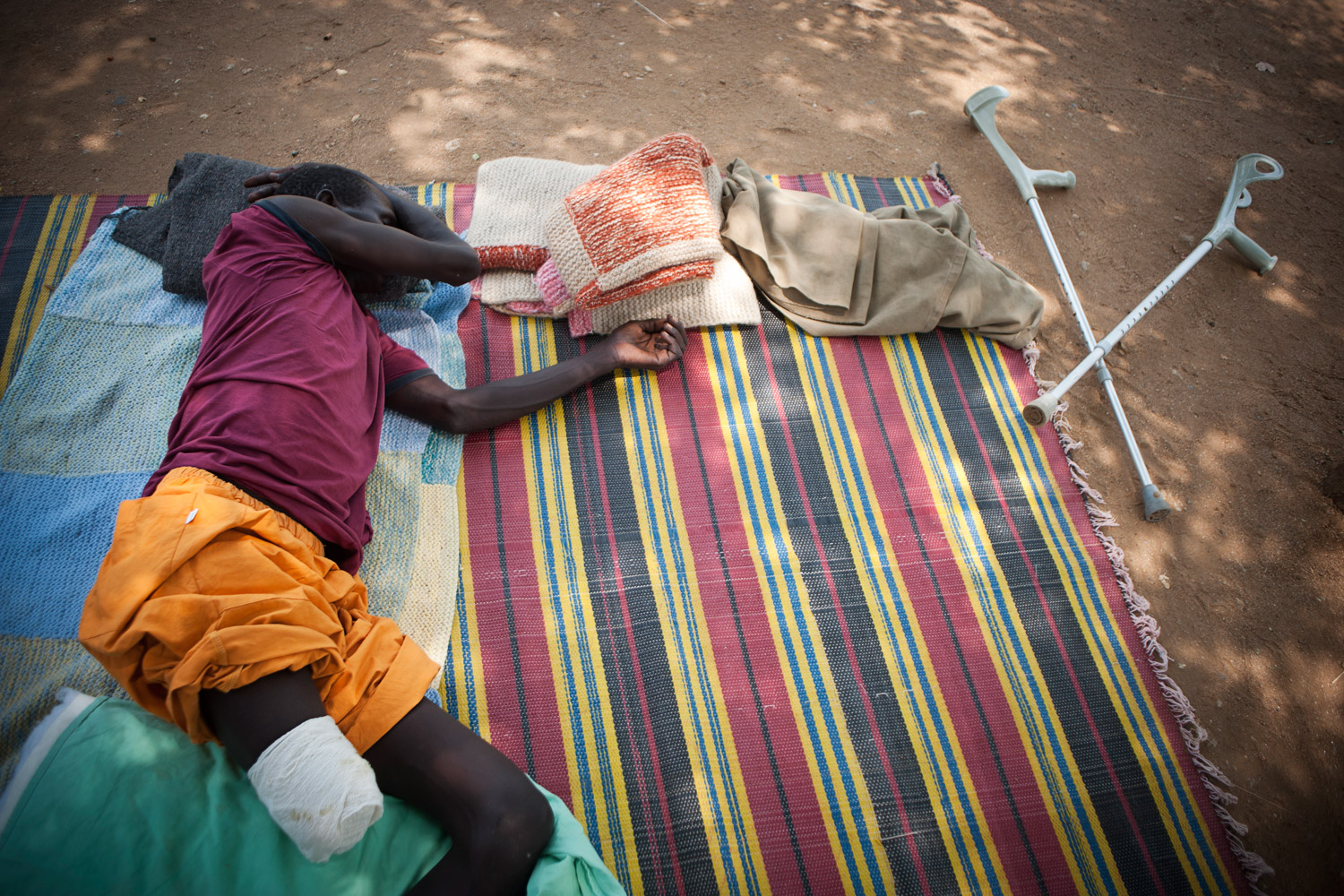
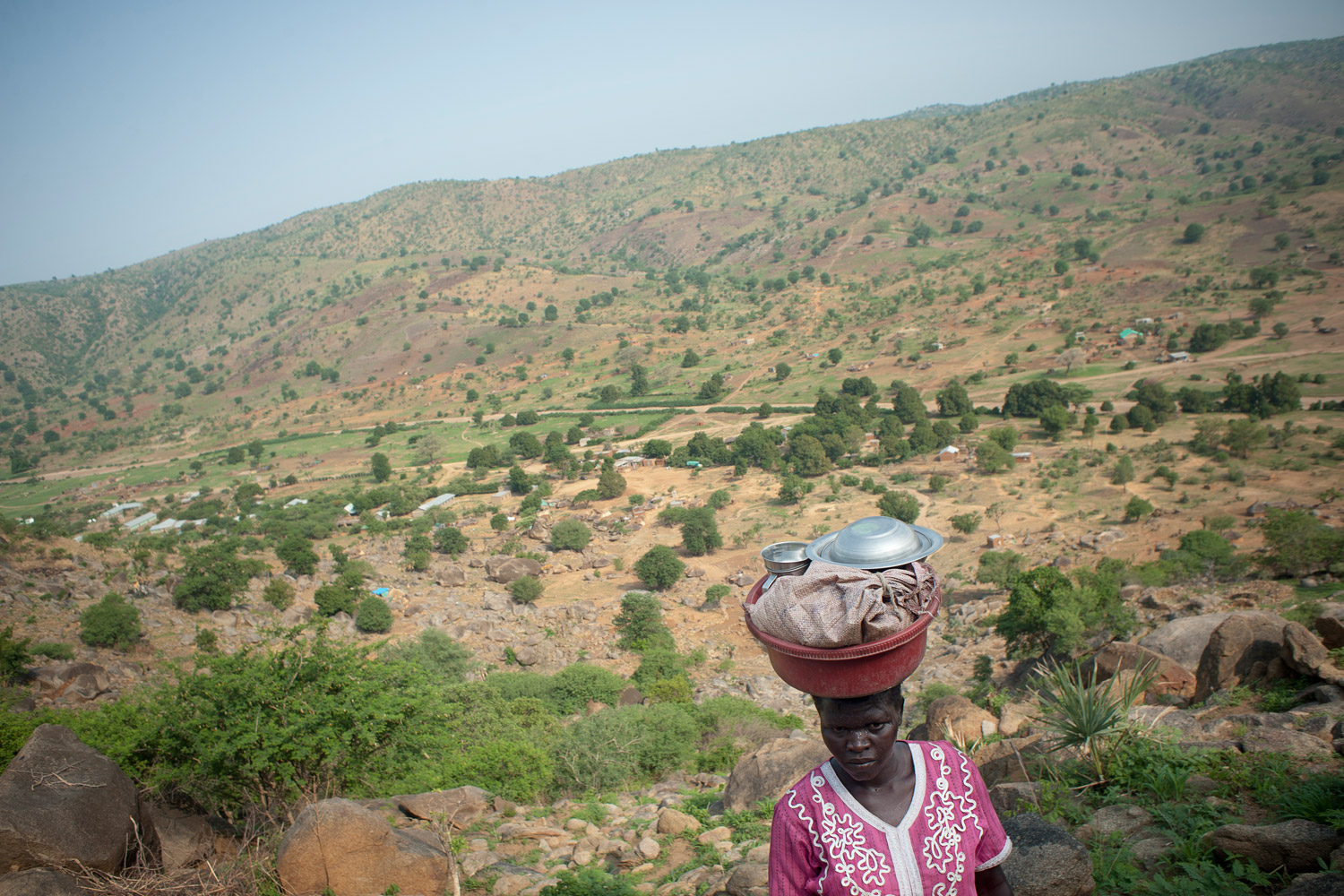
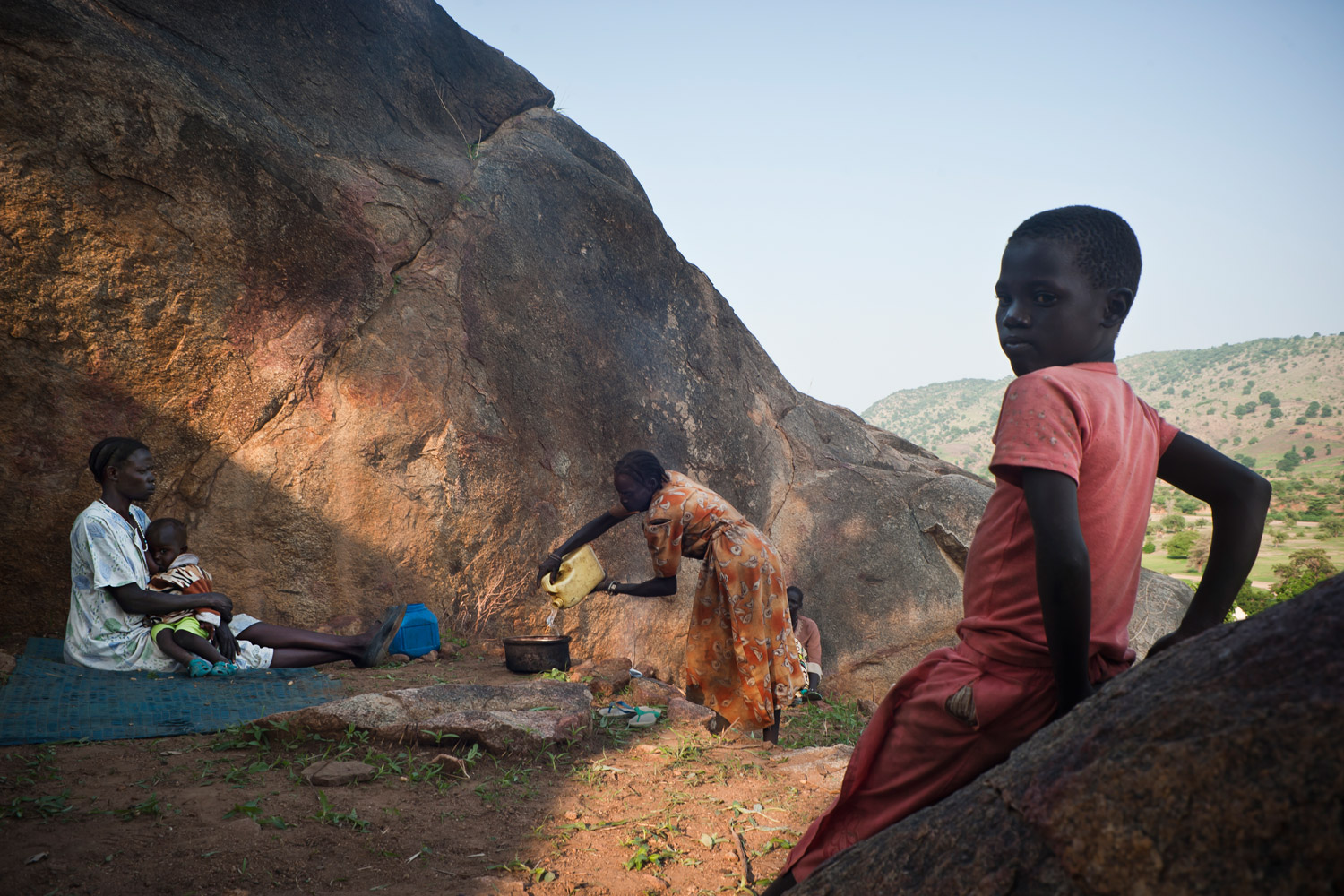
More Must-Reads from TIME
- Donald Trump Is TIME's 2024 Person of the Year
- TIME’s Top 10 Photos of 2024
- Why Gen Z Is Drinking Less
- The Best Movies About Cooking
- Why Is Anxiety Worse at Night?
- A Head-to-Toe Guide to Treating Dry Skin
- Why Street Cats Are Taking Over Urban Neighborhoods
- Column: Jimmy Carter’s Global Legacy Was Moral Clarity
Contact us at letters@time.com